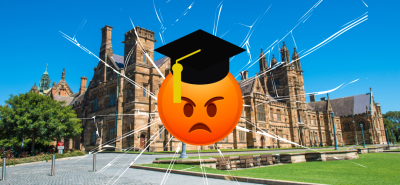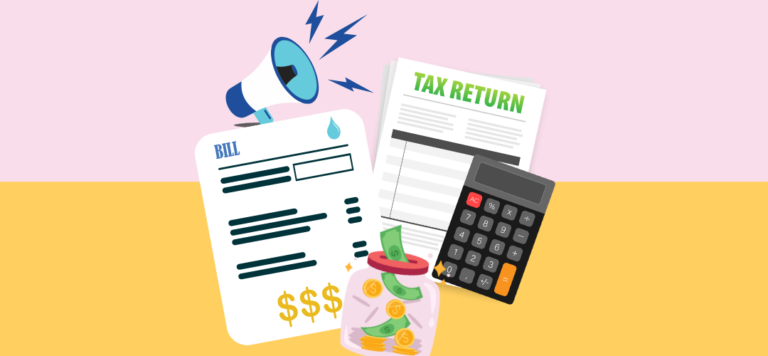The Albanese government is finally looking into making tertiary education more affordable for students. Recommended changes to HECS and student placements will mean more money in the pockets of students juggling work and study.
But first, what is HECS? Is it the same as HELP?
HECS stands for Higher Education Contribution Scheme. It was brought in by the Hawke Labor government in 1990 to split uni fees between the government and the student. Before that – believe it or not – degrees were fully subsidised and effectively free. In 1996, the Liberal Howard government introduced tiered fees, which is why some degrees now cost more than others.
You might also be familiar with HECS-HELP and FEE-HELP, which are basically different names for the same thing. They’re all acronyms for ways the government collects money after you’ve finished your degree. Currently, the HECS tax kicks in after you start earning over $51,550 a year. More info here.
Is the tertiary education system broken?
It’s no secret that HECS has become a major burden on students. Arts degrees are close to unaffordable. Inflation is creating unsustainable student debt. And industry placements exploit students by not paying them for work that is often just filling in for staff shortages – instead of learning.
Successive governments have neglected to bring the sector up to date and the cost-of-living crisis is making things worse.
Did you know…
Australians pay more HECS than gas companies do Petroleum Resource Rent Tax (PRRT)

So, what’s changing?
An independent review panel has recommended 47 changes to increase the quality, affordability, sustainability, and accessibility of higher education. We won’t go into all of those here, but it does show that the system is in dire need of major change.
In short, the recommended changes that would help students financially are:
✏️ a change to payment rates so you can earn more before paying off debt
✏️ changing the timing of when your debt gains interest (indexation), so it’s not tied to rapidly rising inflation
✏️ making sure that indexation does not rise faster than wage growth
Together these changes would ensure that student debt doesn’t spiral out of control just because economic conditions are bad.
Another important recommendation that’s been a long time coming is funding student placements.

Students have been exploited for too long when doing placements
Many students struggle when they are required to do an industry placement in the final years of their degree.
Placements are an important part of learning, but students are being exploited. Many of the workplaces – such as hospitals and schools – are underfunded already, and they rely on students for their core business.
It’s wrong that this work goes unpaid. In NSW, nurses went on strike during COVID to address the use of student placements to cover staff shortages. Social work students said they lost up to 75 per cent of their income while completing compulsory placements.
The government is looking at funding placements in areas of skills shortages, such as nursing and teaching, so that students would be paid a wage while they complete their studies.
They’re also looking at a model in which the corporate sector would fund students in both the non-government sector, and fields where there is not a skills shortage.





